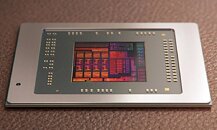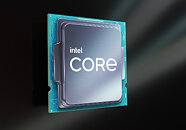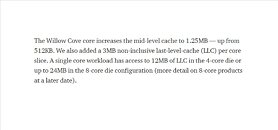Senao Networks Unveils AC121 AI PC
Senao Networks Inc., a global leader in advanced networking and computing solutions, proudly announces the launch of its AI PC, AC121, an ultra-compact intelligent PC that combines next-generation performance, AI-driven intelligence, and a sleek, space-saving design. Tailored for modern professionals, enterprises, and technology enthusiasts, the AC121 establishes a new standard in compact computing.
Unparalleled Performance
At the heart of the AC121 is the Intel Arrow Lake-S processor, offering 65 W/35 W TDP and integrated NPU to power AI-enhanced workloads. This makes the AIPC ideal for multitasking, content creation, and AI-enhanced applications.
Unparalleled Performance
At the heart of the AC121 is the Intel Arrow Lake-S processor, offering 65 W/35 W TDP and integrated NPU to power AI-enhanced workloads. This makes the AIPC ideal for multitasking, content creation, and AI-enhanced applications.



















